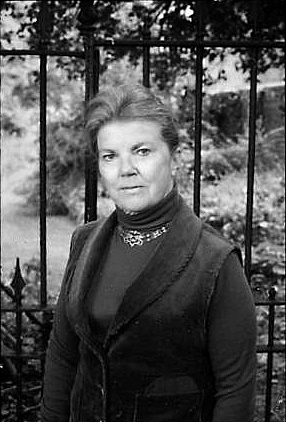1.
Children read to learn - even when they are reading fantasy, nonsense, light verse, comics or the copy on cereal packets, they are expanding their minds all the time, enlarging their vocabulary, making discoveries - it is all new to them.
Joan Aiken
2.
Stories ought not to be just little bits of fantasy that are used to wile away an idle hour; from the beginning of the human race stories have been used - by priests, by bards, by medicine men - as magic instruments of healing, of teaching, as a means of helping people come to terms with the fact that they continually have to face insoluble problems and unbearable realities.
Joan Aiken
3.
Words are like spices. Too many is worse than too few.
Joan Aiken
4.
As cows need milking and sweet peas need picking, so writers must continually exercise their mental muscles by a daily stint.
Joan Aiken
5.
The first book that a child reads has a colossal impact.
Joan Aiken
6.
Sudden wealth was the great insulator, second only to sudden bereavement.
Joan Aiken
7.
A children's writer should, ideally, be a dedicated semi-lunatic, a kind of poet with a marvelous idea, who, preferably, when not committing the marvellous idea to paper, does something else of a quite different kind, so as to acquire new and rich experience.
Joan Aiken
8.
Why do we want to have alternate worlds? It's a way of making progress. You have to imagine something before you do it.
Joan Aiken
9.
You may think it odd that there were three men to look after one tiny station, but the people who ran the railway knew that if you left two men together in a lonely place they would quarrel, but if you left three men, two of them could always grumble to each other about the third, and then they would be quite happy.
Joan Aiken
10.
since each child reads only about six hundred books in the course of childhood, each book should nourish them in some way - with new ideas, insight, humor, or vocabulary.
Joan Aiken
11.
If reading becomes a bore, mental death is on the way. Children taught to read by tedious mechanical means rapidly learn to skim over the dull text without bothering to delve into its implications -- which in time will make them prey to propaganda and to assertions based on scanty evidence, or none.
Joan Aiken

